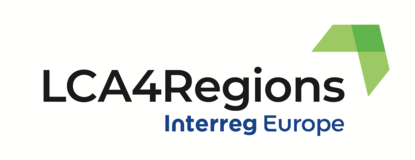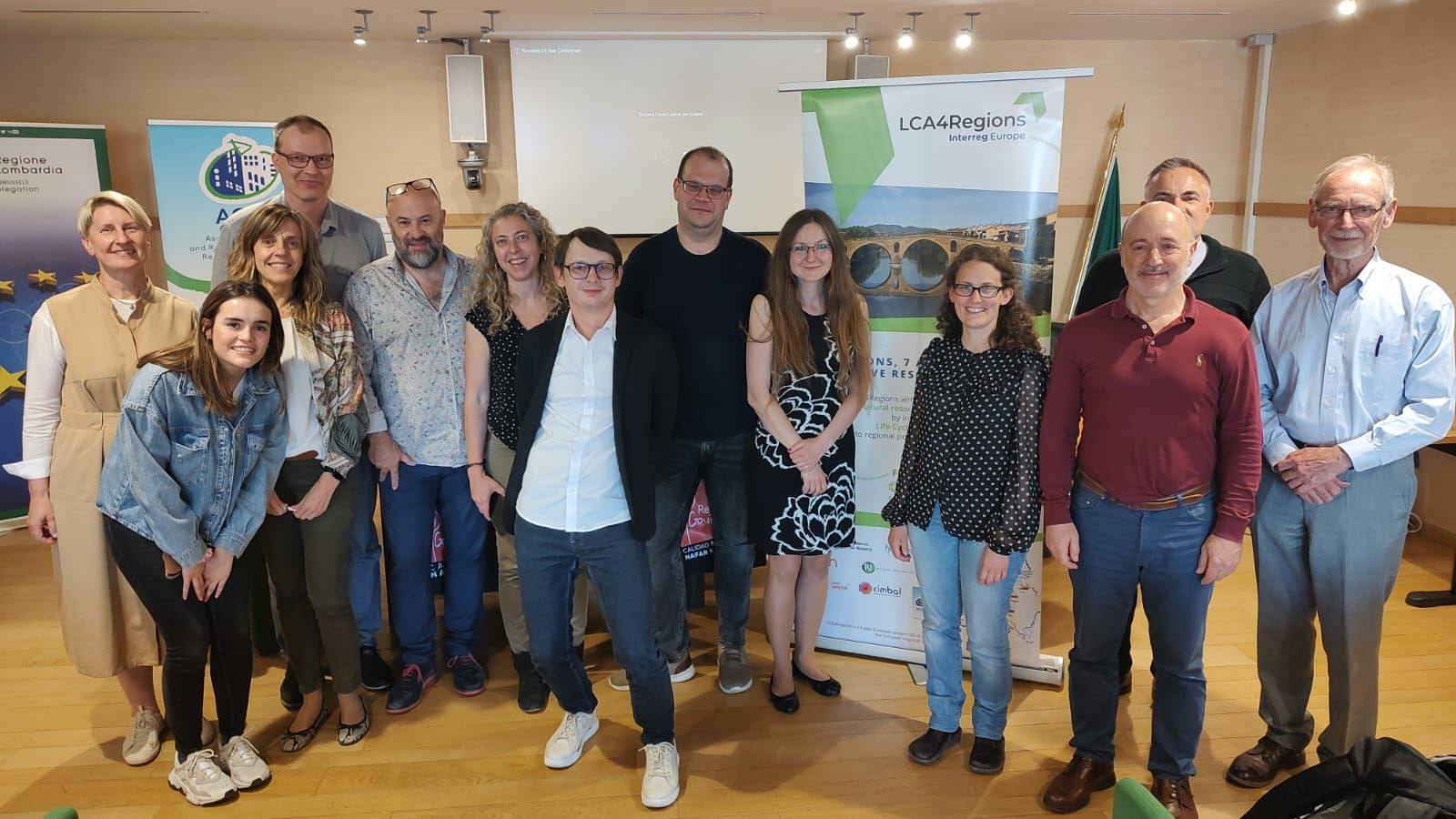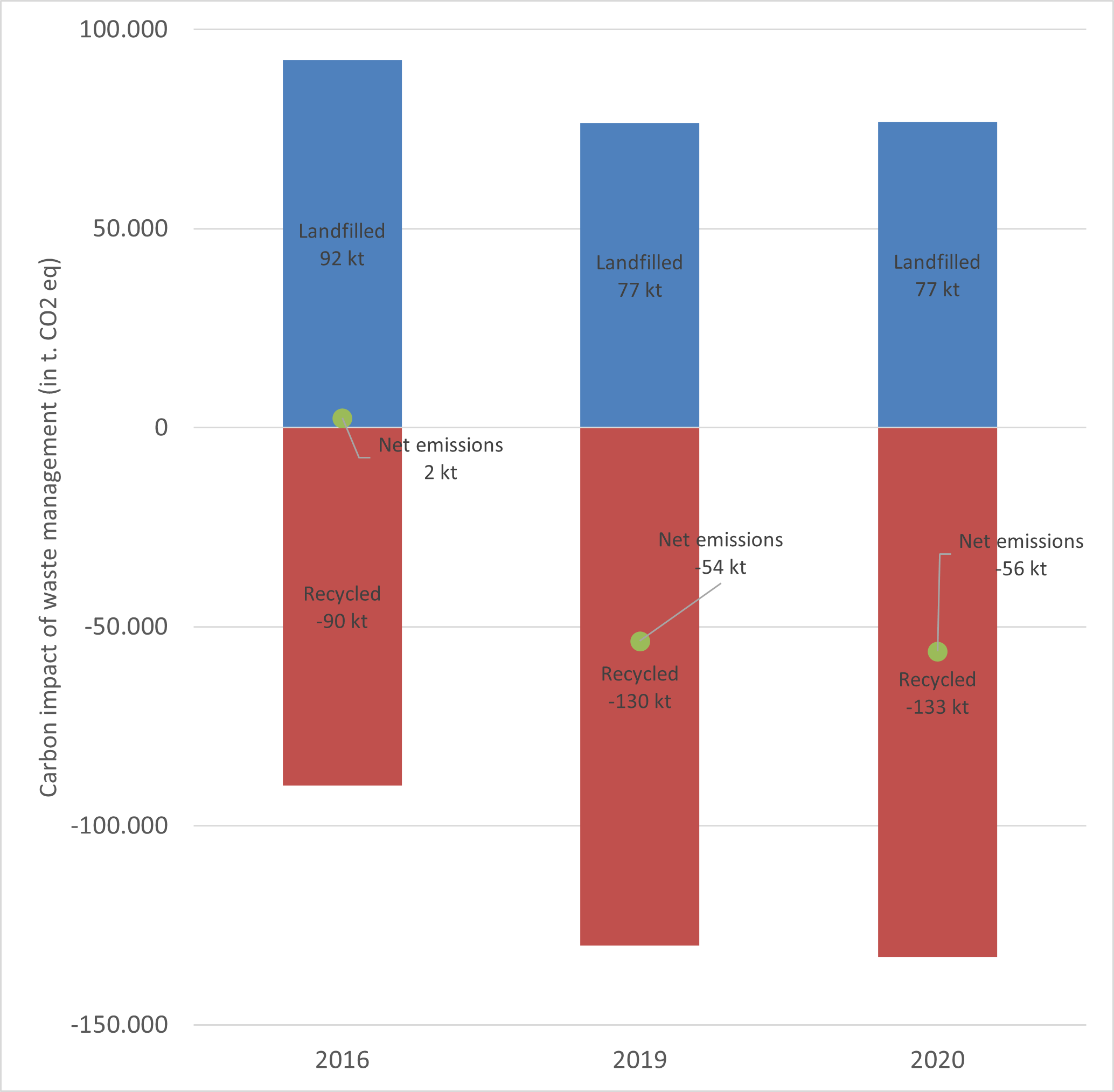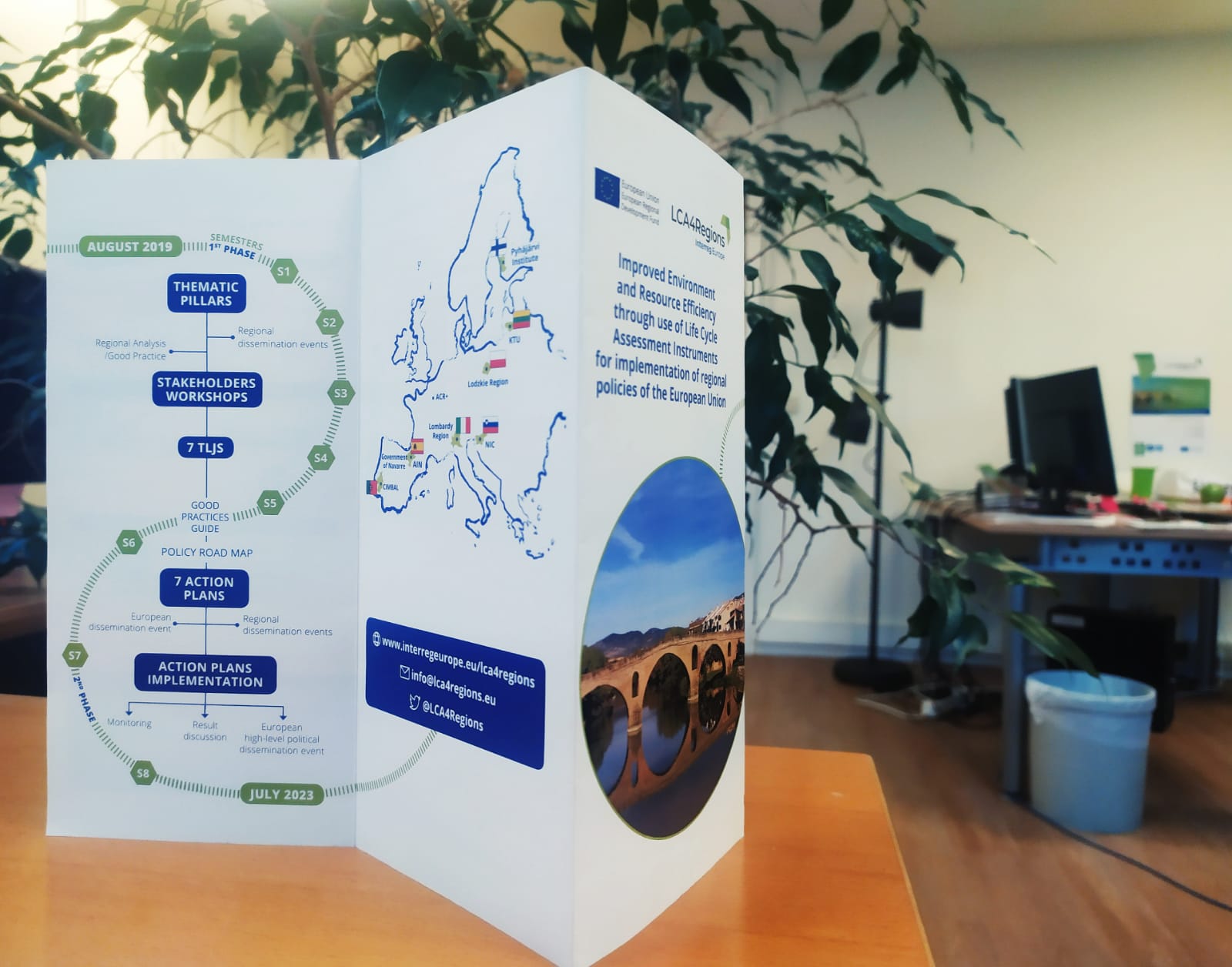Meet Slovenia, host of our fourth Transnational Learning Journey.
Slovenia’s ID card
The hosting partner of this TLJ
 Population: 2,064,840 inhabitants (2020)
Population: 2,064,840 inhabitants (2020)
Capital: Ljubljana
Context - Environmental performance of Slovenia
According to the 2020 Environmental Performance Index (EPI), Slovenia ranks among the top 10 % of the countries around the world (18/180). The report is based on a data-driven summary of the state of sustainability around the world, using 32 performance indicators across 11 issue categories, and it ranks 180 countries on environmental health and ecosystem vitality. These indicators provide a gauge at a national scale of how close countries are to established environmental policy targets. The EPI also offers a powerful policy tool in support of efforts to meet the targets of the UN Sustainable Development Goals and to move society toward a sustainable future (provide clean drinking water and sanitation, reduce ambient air pollution, control hazardous waste, and respond to public health crises).
Slovenia is especially proud to be ranked on the 5th place among the 180 countries in the area of ecosystem vitality, which includes biodiversity, ecosystem services, climate change, pollution emissions, agriculture and water resources, and measures how well countries are preserving, protecting, and enhancing ecosystems and the services they provide.
Partner in LCA4Regions: the National Institute of Chemistry
 The National Institute of Chemistry has 374 employees (31. 12. 2020), of which around 331 carry out research work in 9 departments and two infrastructure centers; 163 of these have doctorates of science degrees.
The National Institute of Chemistry has 374 employees (31. 12. 2020), of which around 331 carry out research work in 9 departments and two infrastructure centers; 163 of these have doctorates of science degrees.
The institute works on basic and applied research oriented towards fields which are of long-term importance to both Slovenia and the world: materials research, life sciences, biotechnology, chemical engineering, structural and theoretical chemistry, analytical chemistry and environmental protection; through which the institute is in line with the needs of the domestic and foreign pharmaceutical, chemical, automotive and nanobiotechnological industries. The work of the Institute is also in line with the priority thematic areas of the EU Research and Innovation programme Horizon 2020, which places an emphasis on nanotechnology, genomics and biotechnology for health, climate change, energy, sustainable development and global change and quality and safety of food.
More: http://www.ki.si/http://www.ki.si/
The team behind the National Institute of Chemistry
Albin Pintar is a researcher in the development of modern technologies for environmental protection, which, among others, include catalytic processes for wastewater treatment and the conversion of greenhouse carbon dioxide into fuels and compounds with high added value. He is also involved in the process intensification and valorization of solid waste materials.
Gregor Žerjav is engaged in research in the field of removal of organic pollutants from wastewater, and developing modern materials used as heterogeneous catalysts in photocatalytic and thermal advanced oxidation processes. His research also includes the recovery of useful substances from waste production streams.










